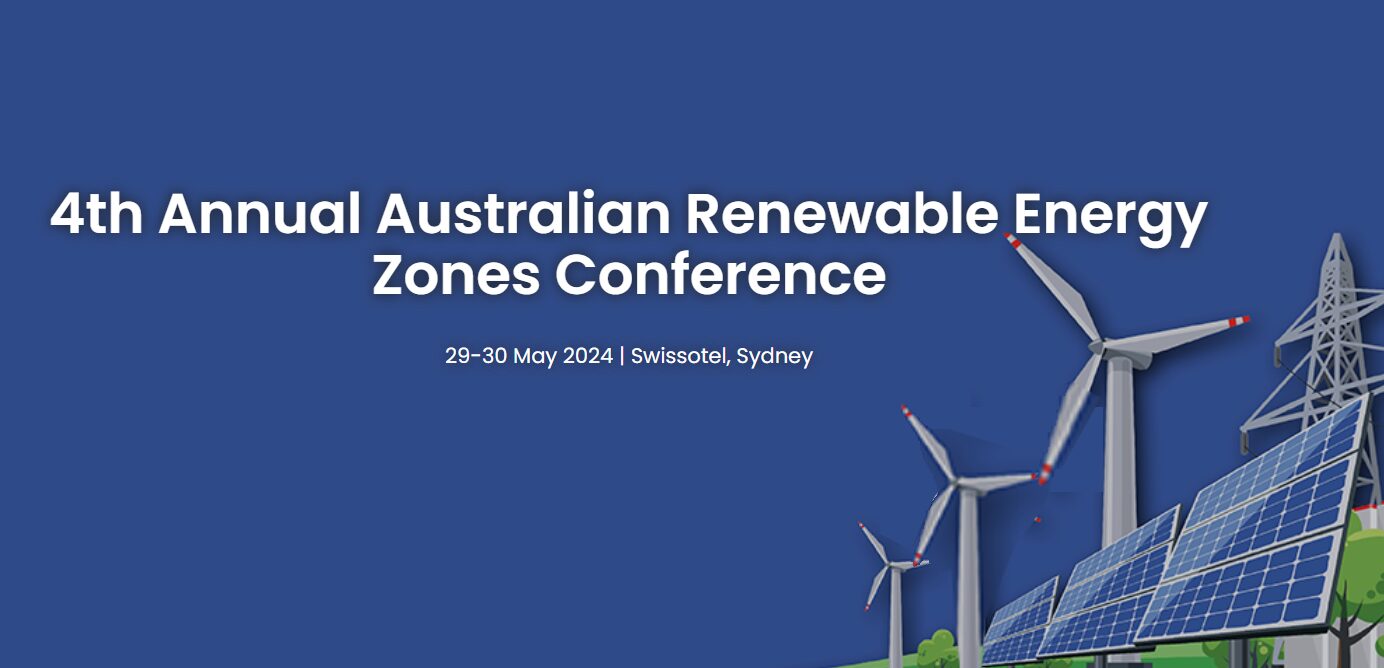
A study commissioned by BSI of the National Centre for Social Research has revealed that a globally agreed approach to water stewardship could significantly enhance water security worldwide — benefitting both people and the planet.
With population growth and climate change placing increasing strain on the environment and water supplies, the need for coordinated action has never been more urgent.
Despite the potential benefits, the study identified an uneven application of the concept of water stewardship, hindering progress.
However, the authors suggest that international collaboration and standardised guidelines could provide the foundation needed to drive harmonisation and enable scaled-up action on this critical issue.
The research highlights that while there is already a diverse landscape of voluntary initiatives supporting improved local water conditions, globally agreed guidelines could bring clarity and consensus, increasing transparency in target-setting, measuring, and reporting.
This, in turn, could help to scale action and drive corporate water stewardship at the enterprise level, providing a model of good practice for organisations to follow.
BSI Chief Strategy and Transformation Officer Jonathan Chocqueel-Mangan emphasised the importance of water stewardship in accelerating progress toward a sustainable world.
He stated: “Water stewardship, powered by international collaboration, provides a route for all to accelerate progress towards a sustainable world.
“Given the urgent global nature of both climate change and water crises, now is the moment to collaborate so individuals, organisations, and society better understand and take responsibility for their impact on water quality and quantity through advancing commitments to practice good water stewardship.”
The report also highlights the need for clarity on what constitutes success in water stewardship, providing meaningful guidance that can be applied across different cultural traditions, languages, and business sizes.
Standardisation could help achieve consensus on key ideas and terminology, such as ‘net-positive water impact’ and ‘replenishment,’ and align approaches to target-setting and metrics — thereby increasing transparency in water stewardship performance.
National Centre for Social Research (NatCen) Research Director Bernard Steen highlighted both opportunities and challenges for standardisation.
He noted that while a new standard could drive progress by applying to whole companies rather than individual sites, balancing the micro and the macro would not be straightforward, given that water is an intrinsically local resource.
Water Foundry Ventures CEO Will Sarni echoed the importance of water stewardship, as he stated: “Water scarcity, pollution, and inequitable distribution pose significant challenges to communities, industries, and ecosystems worldwide.”
He emphasised the need for a comprehensive international standard for water stewardship to drive value globally.
The findings of this study highlight the critical role that standardised guidelines could play in enhancing water security and advancing sustainable water management practices worldwide.
As the world faces increasing water challenges, this global approach could be the key to securing a sustainable future for all.












